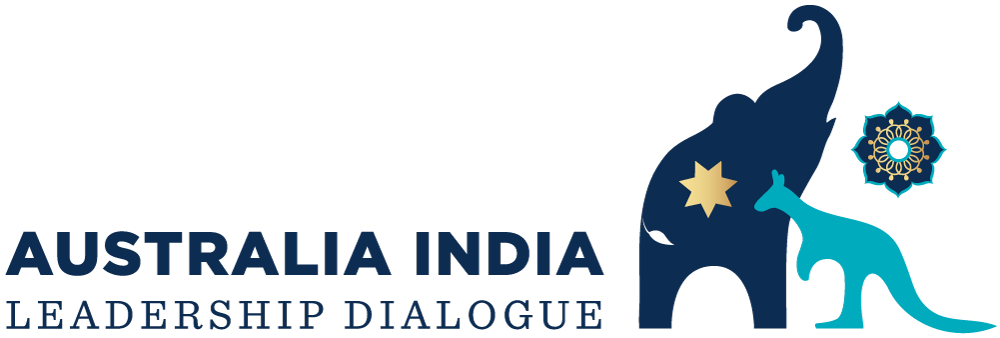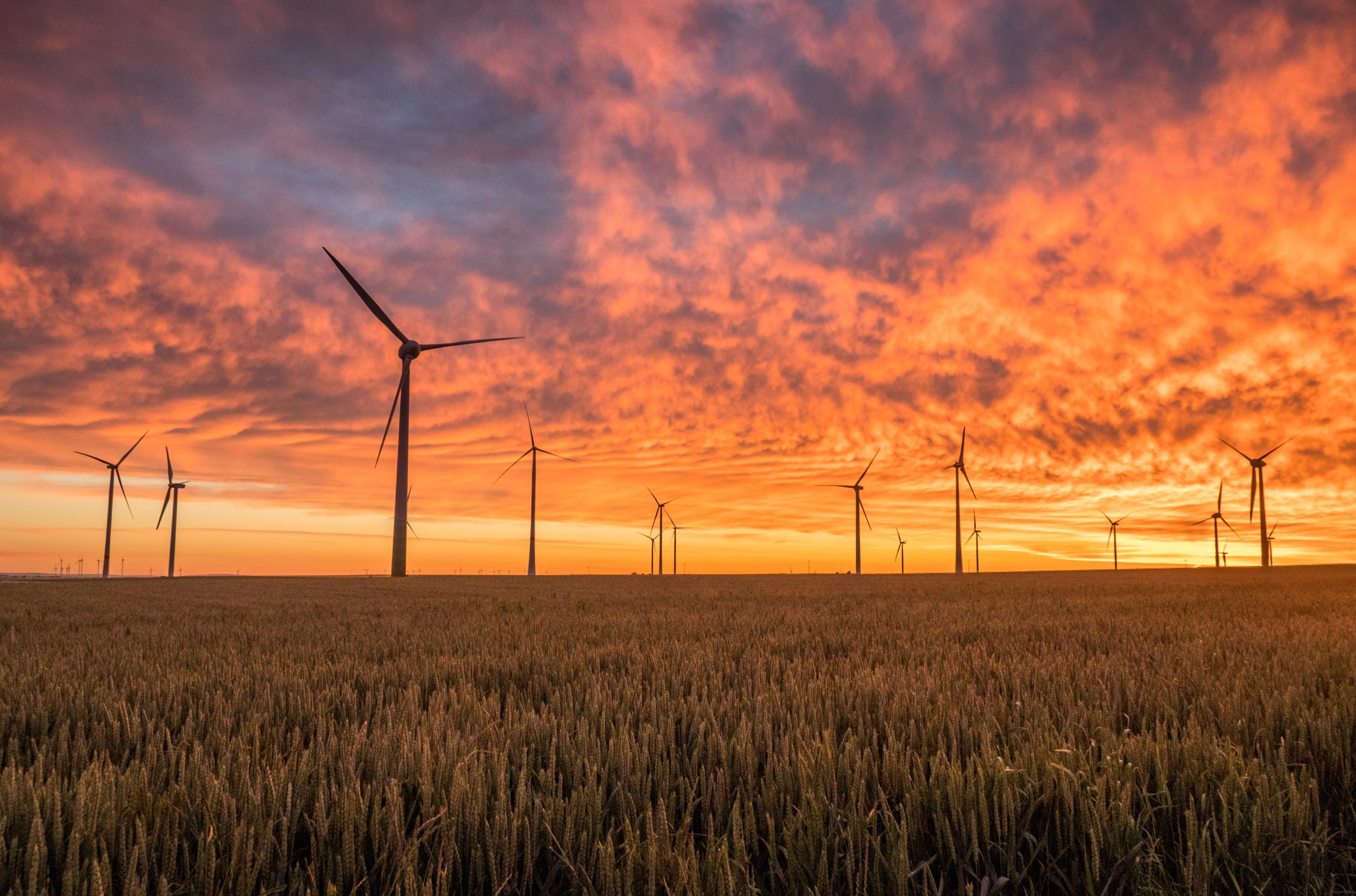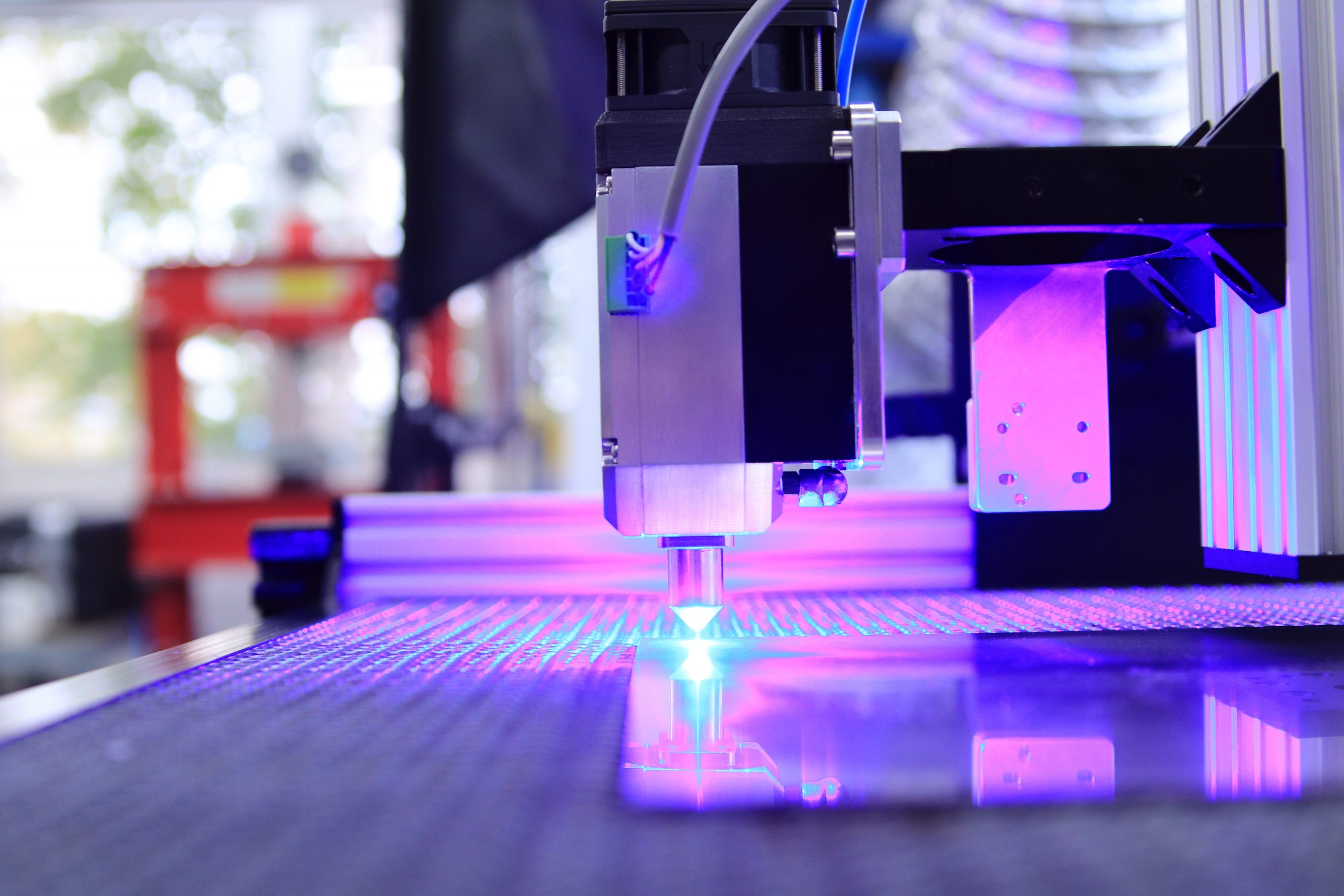Emerging Technology 2022
Our Evolving Security Architecture: Cybersecurity, AI and the Digital Battlefield
In today’s era of geostrategic turbulence, new technologies including cyber capabilities and artificial intelligence, have reshaped the nature of warfare. How can states and corporations work together to combat penetrative and harmful cyberattacks? What should the rulebook for AI governance, cross border data flows, ethical standards, data protection and surveillance look like in today’s digital battlefield? This session will explore major challenges posed by foreign interference which have spurred the need to improve cybersecurity policy, global security standards, interoperability, advanced networks and agile business models in order to avoid threats to communication.
The Clean Tech Revolution: Decarbonising Towards a Sustainable Future
The commercial opportunities in meeting net zero emissions targets and achieving decarbonisation brings scope for both countries to collaborate on innovative technology-based approaches, including in renewables and green hydrogen. Geostrategic turbulence in the region has further highlighted the need to diversify supply chains and reduce dependence on one country. Australia’s supply of critical minerals and rare earths for advanced technology needed in electronics, energy storage systems, electric vehicles and aerospace will be key to enhancing research partnerships, creating resilient supply chains and new investment opportunities for both countries, including through the India-Australia Critical Minerals Investment Partnership. How can Australian and Indian leaders in business, academia, and civil society partner to help realise a circular economy’s full potential for innovation, job creation and economic development?
Global Talent Recruitment & Skills Mobility: Challenges of Tech Talent Acquisition
Harnessing and enabling the mobility of talent and skills in the tech sector has the potential to foster new waves of economic growth for both Australia and India. A strong focus on two-way migration, mutually-recognised skills development and educational exchanges is key. As both governments plan to expand education qualification recognition through blended learning, joint degrees and offshore campuses, how can this transform both learning experiences for students and recruitment processes for business? What steps can be taken to ensure there are more STEMM graduates employed in local jobs with a global impact? In the current landscape, companies seeking tech talent face significant headwinds, including the need to embrace a hybrid work culture and revolutionise their hiring processes. This session will explore how government and industry can work together to tackle the global tech talent crunch and ensure growth for business.
Revolutionising Service Delivery in a Post-Pandemic World
The COVID-19 pandemic has unleashed a digital transformation across service delivery sectors. Modern technology such as data analytics, automation, machine learning and interconnectivity is driving innovation and the emergence of new industries across service delivery sectors such as healthcare, medicine, finance, commerce, agriculture and education. What new opportunities has a digital backbone brought to these services, and how can Australia and India work together to overcome new challenges such as the digital divide, online regulation and quality issues? Importantly, how should both governments engage the private sector and nurture the entrepreneurial spirit of startup leaders who are at the digital frontiers of our post-pandemic world? This session will explore the steps and solutions towards improving the digitalisation of service delivery, including the need to make it more accessible, inclusive and resilient.
Our Evolving Security Architecture: Cybersecurity, AI and the Digital Battlefield
In today’s era of geostrategic turbulence, new technologies including cyber capabilities and artificial intelligence, have reshaped the nature of warfare. How can states and corporations work together to combat penetrative and harmful cyberattacks? What should the rulebook for AI governance, cross border data flows, ethical standards, data protection and surveillance look like in today’s digital battlefield? This session will explore major challenges posed by foreign interference which have spurred the need to improve cybersecurity policy, global security standards, interoperability, advanced networks and agile business models in order to avoid threats to communication.
The Clean Tech Revolution: Decarbonising Towards a Sustainable Future
The commercial opportunities in meeting net zero emissions targets and achieving decarbonisation brings scope for both countries to collaborate on innovative technology-based approaches, including in renewables and green hydrogen. Geostrategic turbulence in the region has further highlighted the need to diversify supply chains and reduce dependence on one country. Australia’s supply of critical minerals and rare earths for advanced technology needed in electronics, energy storage systems, electric vehicles and aerospace will be key to enhancing research partnerships, creating resilient supply chains and new investment opportunities for both countries, including through the India-Australia Critical Minerals Investment Partnership. How can Australian and Indian leaders in business, academia, and civil society partner to help realise a circular economy’s full potential for innovation, job creation and economic development?
Global Talent Recruitment & Skills Mobility: Challenges of Tech Talent Acquisition
Harnessing and enabling the mobility of talent and skills in the tech sector has the potential to foster new waves of economic growth for both Australia and India. A strong focus on two-way migration, mutually-recognised skills development and educational exchanges is key. As both governments plan to expand education qualification recognition through blended learning, joint degrees and offshore campuses, how can this transform both learning experiences for students and recruitment processes for business? What steps can be taken to ensure there are more STEMM graduates employed in local jobs with a global impact? In the current landscape, companies seeking tech talent face significant headwinds, including the need to embrace a hybrid work culture and revolutionise their hiring processes. This session will explore how government and industry can work together to tackle the global tech talent crunch and ensure growth for business.
Revolutionising Service Delivery in a Post-Pandemic World
The COVID-19 pandemic has unleashed a digital transformation across service delivery sectors. Modern technology such as data analytics, automation, machine learning and interconnectivity is driving innovation and the emergence of new industries across service delivery sectors such as healthcare, medicine, finance, commerce, agriculture and education. What new opportunities has a digital backbone brought to these services, and how can Australia and India work together to overcome new challenges such as the digital divide, online regulation and quality issues? Importantly, how should both governments engage the private sector and nurture the entrepreneurial spirit of startup leaders who are at the digital frontiers of our post-pandemic world? This session will explore the steps and solutions towards improving the digitalisation of service delivery, including the need to make it more accessible, inclusive and resilient.




